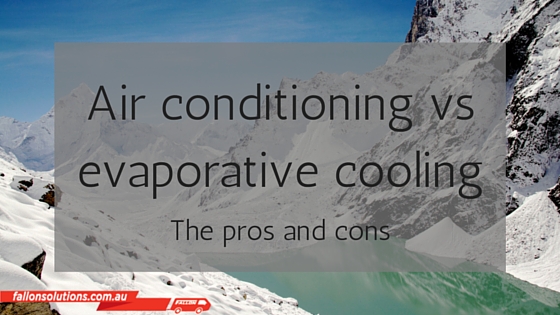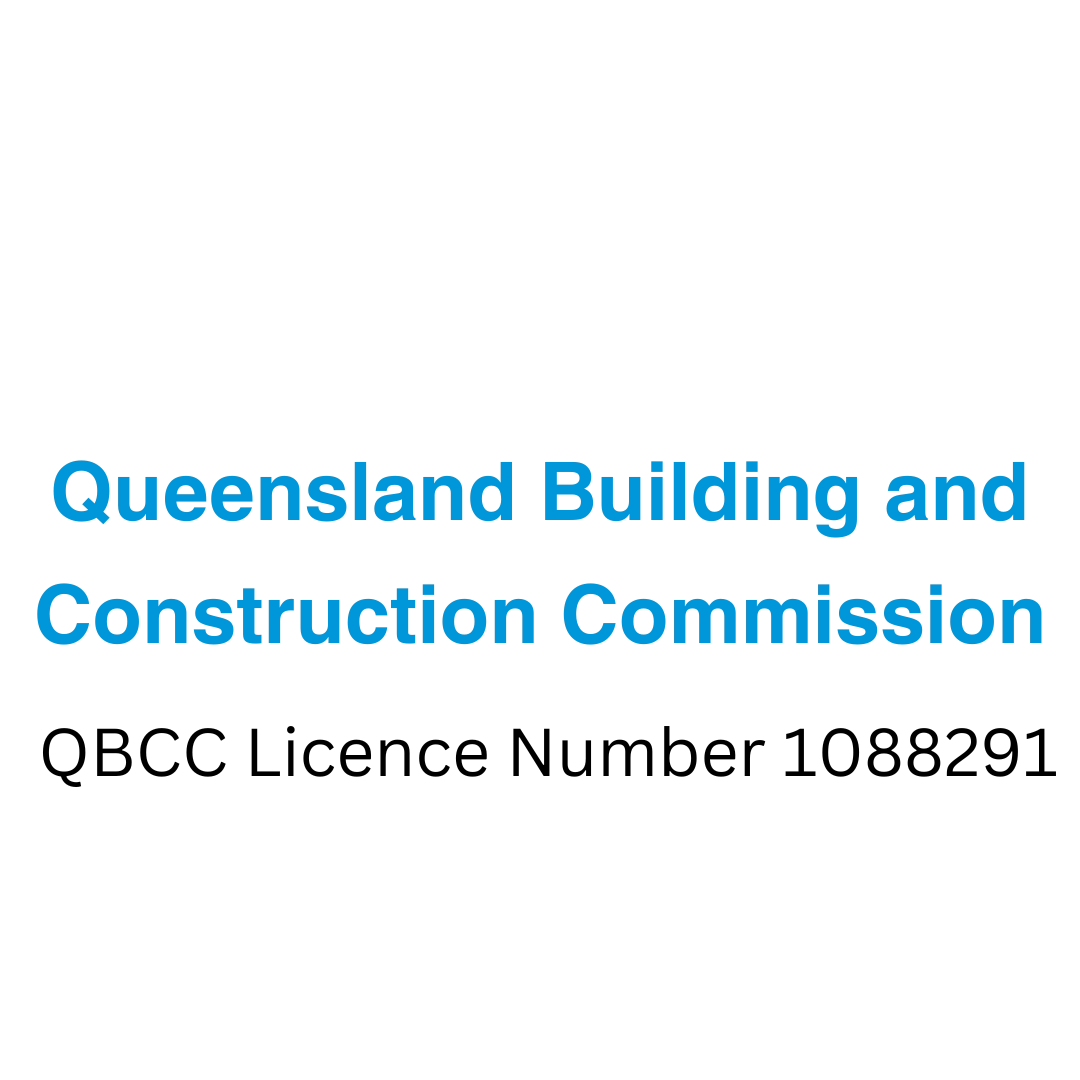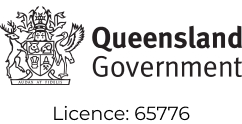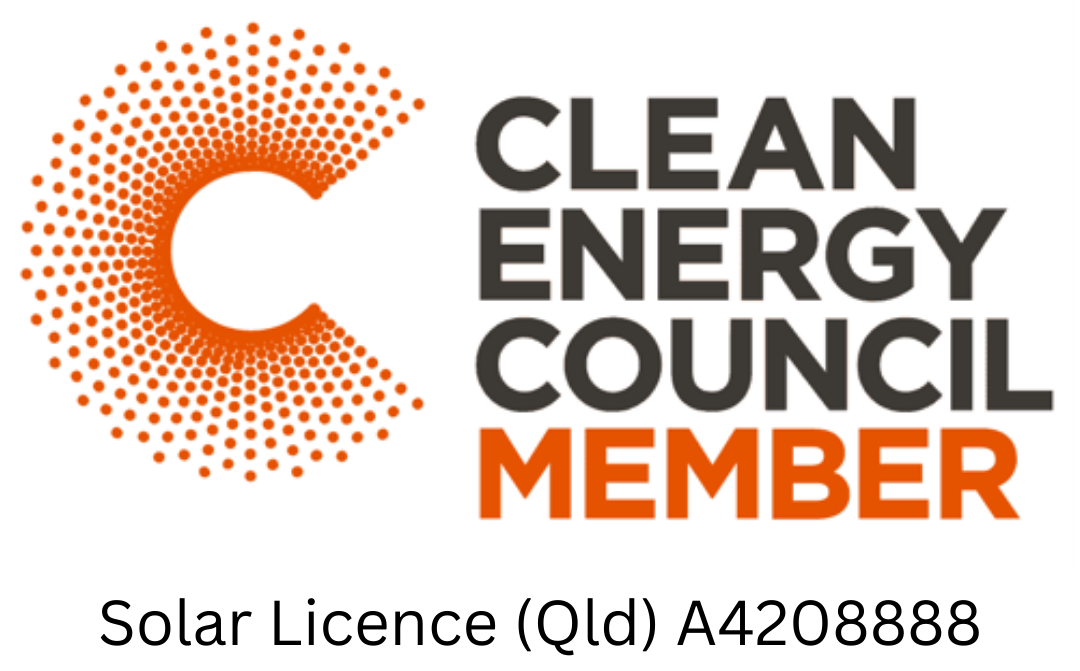Air conditioning vs evaporative cooling – the pros and cons
Are you trying to sort through the hype and get down to the facts to choose the right cooling system for your home? We’ve put together a list of the pros and cons of both air conditioning and evaporative cooling to help with your home climate control decisions.
Evaporative cooling
Evaporative cooling works by passing the hot, dry outside air through water filled filter pads. This causes water to evaporate into the warm air, lowering its temperature and increasing the humidity. This cooling method is ideal for climates with very dry, hot summers. The system works best with a door or window ajar to allow the constant circulation of cool air in through the cooler vents and warm air out the windows.
Advantages
- reasonably inexpensive to run as only the fan and a small water pump use power
- slightly cheaper setup costs (than a split system air conditioner)
- simple, compact installation
- ensures a constant supply of fresh, cooled air throughout your home
- filter pads trap some dust and pollen
Disadvantages
- does not perform well in humid climates or during rainy periods
- temperature control is limited
- basic air filter system only, many airborne irritants or odours missed
- not ideal for those with asthma or respiratory issues
- can use up to 25 litres of water* an hour depending on the fan speed and humidity
- possible risk of water leakage from ceiling outlets unless fitted with covers
For all your air conditioning needs, installs, repairs and servicing.
We Can Be There Today!
Book now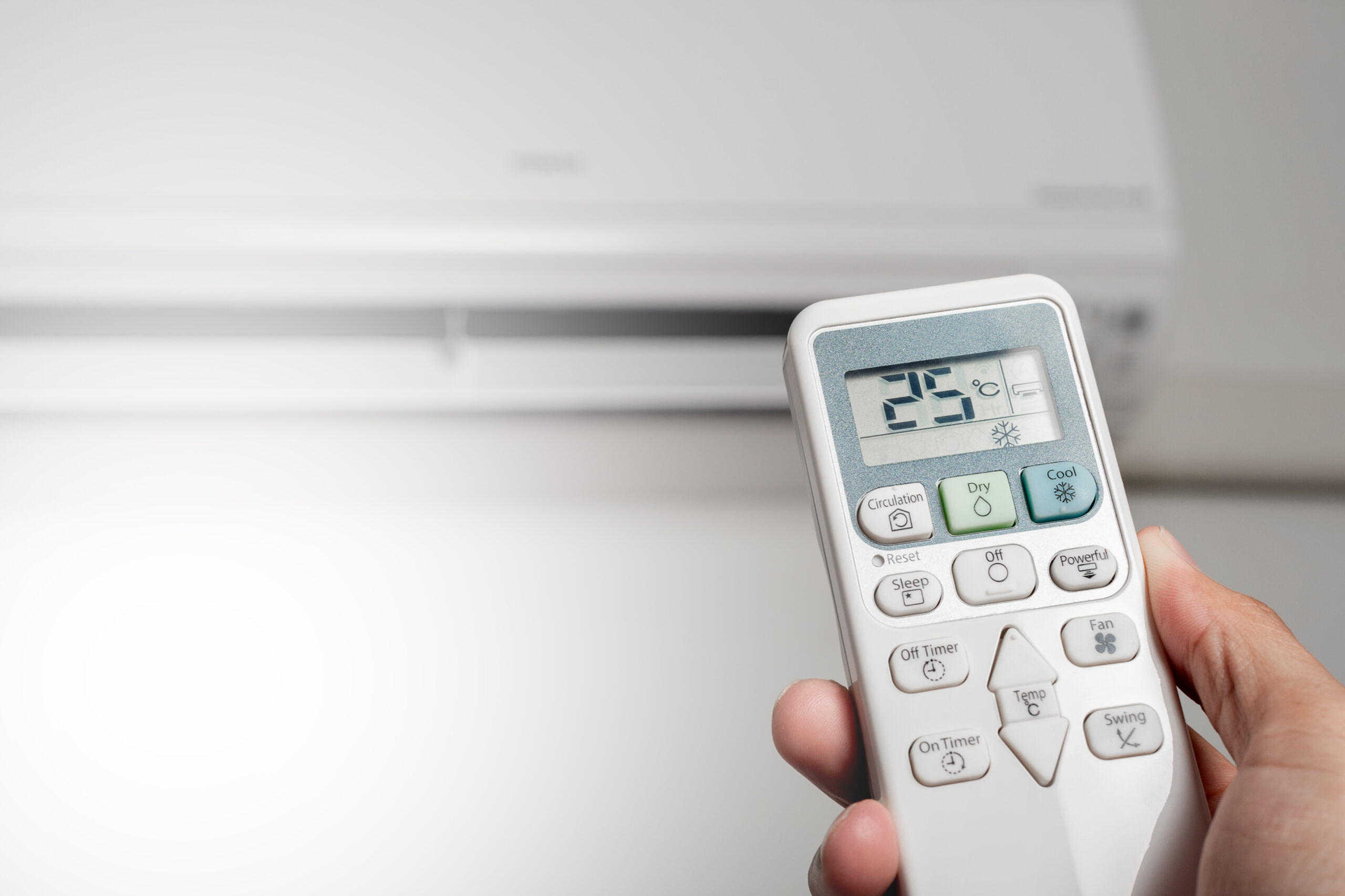
Reverse cycle air conditioning
Refrigerated air conditioning draws the warm air inside a room over a coolant-filled coil that absorbs the heat, the coolant is then circulated to the condenser in the outside unit where the heat is released into the air. The cool, fresh air is then distributed back into the room with the help of a fan. This system of cooling works best in a well-insulated room with the doors and windows closed.
Advantages
- works in all weather conditions
- effectively removes humidity from a room
- ideal for tropical or sub-tropical climates
- very effective air filtration systems capable of removing dust, pollen, odours and bacteria
- reverse cycle air conditioners can heat as well as cool your home
- 6 or 7 star rated air conditioners, like the reverse cycle Daikin US7, are very energy efficient
- can be fitted with PeakSmart capability to manage peak electricity demand (find out more about PeakSmart air conditioning )
Disadvantages
- higher running costs than an evaporative system
- higher installation costs for ducted systems
- filters need to be cleaned or replaced regularly to maintain effectiveness
- doors and windows need to be kept closed for maximum cooling
- outdoor units can be a noise issue if placed near bedrooms or neighbours’ windows*
Ventilate and insulate
The best environment for any air cooling system is a well ventilated and insulated one. Effective ventilation of the hot air from the ceiling space and insulation of the roof and/or walls will maximise the efficiency of any climate control system.
*possible maximum water use for a central evaporative cooling system
*Both styles of climate control produce some noise so some thought needs to be put into the placement of the outdoor unit.
